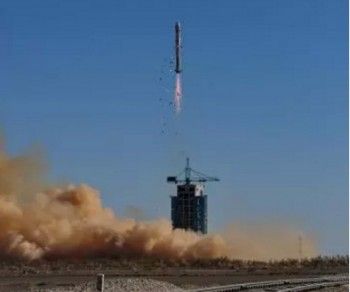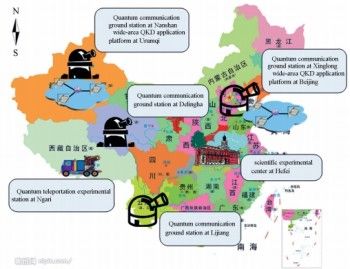I can see ads now with Ozzy’s “Crazy Train” playing in the background.
There’s no doubt India needs faster trains. The NDA government has set the ball rolling by launching the Gatimaan Express. Trials are on with the Spanish Talgo trains on the Delhi-Mumbai route and Japan has agreed to provide soft loans for the proposed Mumbai-Ahmedabad bullet train. But, for achieving a one-time quantum jump in technology, the possibility of introducing the Hyperloop—Tesla’s Elon Musk’s concept of moving people and goods at high speeds in capsules within tubes using powerful magnets—could be a game-changer. Going by current speeds, Hyperloop can crunch a one-way Delhi-Mumbai trip to just one hour. The advantages are numerous—much faster travel, limited land acquisition and lower building cost that could lead to cheaper travel.
It is still early days as far as Hyperloop is concerned. Two companies, Hyperloop Technologies and Hyperloop Transportation Technologies, are in talks with 10 countries including China and India for introduction.
India’sinfrastructural issues could find faster resolution with Hyperloop’s faster build-out compared to the bullet train where land acquisition could be a problem. India is considering various options to speed up the Railways—this is one that the government should look at closely, given the technological leap-frogging it provides in high-speed connectivity between cities.










